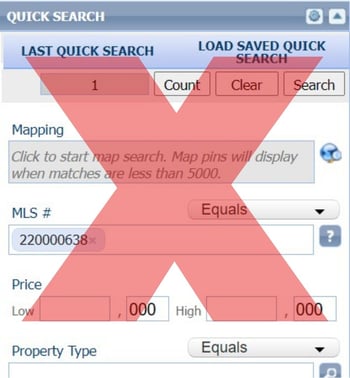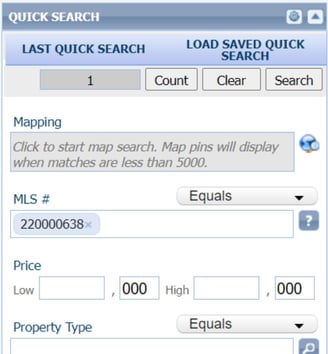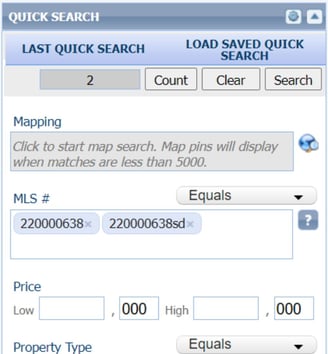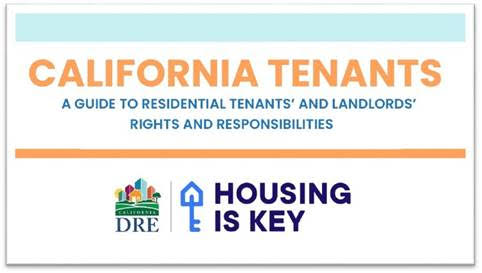
Understanding Rent Control and Proposition 33
Rent control policies, such as those proposed under Proposition 33, aim to limit the amount landlords can charge for rent. While these policies are often introduced to protect renters, they can lead to unintended and harmful consequences for renters, property owners, and the broader housing market. Proposition 33, in particular, seeks to expand rent control by eliminating the protections provided under the Costa-Hawkins Rental Housing Act, which currently exempts single-family homes and new construction from local rent control ordinances.
Distortion of Supply and Demand
Rent control disrupts the natural balance of housing supply and demand. By capping rents, developers and property owners lose the financial incentive to build or maintain rental properties, leading to a reduction in the overall supply of housing. As the supply decreases, demand continues to rise, particularly in high-demand areas, resulting in a housing shortage. This shortage makes it increasingly difficult for renters to find available units, driving up competition and ultimately exacerbating the very affordability issues rent control aims to address.
Impact on Single-Family Homes and Property Owners
Proposition 33 would remove the current protections for single-family homes under Costa-Hawkins, allowing local governments to impose rent control on these properties. This change would have far-reaching effects on homeowners, including retirees, service members, and others who might want to return to their homes after renting them out. These homeowners could be restricted from setting their own rental rates, limiting their ability to use or sell their properties as they see fit.
For property owners looking to sell their rental properties, Proposition 33 would further complicate matters. Under rent control, the value of these properties may decrease, limiting the pool of potential buyers. Instead of selling to first-time homebuyers or middle-class families, owners may be forced to sell to wealthy investors who can navigate the complexities of rent-controlled properties. This dynamic could further exacerbate housing inequality and reduce homeownership opportunities for many Californians.
Does Rent Control Truly Benefit the Poor?
While rent control is often marketed as a tool to help low-income renters, it does not require that applicants pass a means test to qualify for these benefits. As a result, rent-controlled units are sometimes occupied by higher-income tenants who do not need the financial assistance intended for the poor. This situation creates an unfair advantage for wealthier individuals who secure these below-market rents at the expense of property owners, who are forced to subsidize these tenants.
Moreover, wealthier individuals living in rent-controlled units are unlikely to leave, as they continue to benefit from artificially low rents. This reduces turnover and makes it more difficult for new residents, especially those from low-income backgrounds, to find affordable housing. In some cases, these individuals can even maintain their rent-controlled units while subletting them to others at higher rates, further distorting the market and benefiting those who do not need the help.
This inequity highlights a fundamental flaw in rent control policies: they do not necessarily target those most in need of housing assistance. Instead, they can provide significant benefits to those who are already financially secure, exacerbating the challenges faced by low-income renters who are unable to compete in a market with limited affordable housing options.
Landlords Targeting “Better” Tenants
Another unintended consequence of rent control is that it incentivizes landlords to be more selective about the tenants they accept. Knowing that they could be stuck with a tenant indefinitely, landlords may prioritize applicants with higher incomes, stable jobs, and strong credit histories, effectively shutting out lower-income renters. This selective process can deepen inequalities in the housing market, making it even harder for vulnerable populations to secure housing.
In some cases, landlords may even choose to convert rental units into condominiums or sell their properties to avoid the restrictions of rent control altogether. This further reduces the availability of rental housing and can contribute to gentrification, where lower-income residents are displaced from their neighborhoods.
Impact on Local Governments
The ripple effects of Proposition 33 extend to local governments as well. As property values decline due to the reduced profitability of rent-controlled properties, so too does the property tax revenue that local governments rely on to fund essential services like public safety, education, and infrastructure. In cities where rent control is widely implemented, these reductions in revenue can lead to budget shortfalls, forcing cuts to critical services that impact the entire community.
Additionally, as the rental housing market contracts, the housing shortage could worsen, leading to increased homelessness and placing further strain on government resources. Local governments may find themselves in the difficult position of having to address the unintended social consequences of rent control, from increased demand for social services to the need for more affordable housing construction, which itself may be hampered by the disincentives created by Proposition 33.
Conclusion
Proposition 33 and the expansion of rent control might seem like a solution to California’s housing crisis, but they are more likely to exacerbate existing problems. Rent control distorts the housing market by reducing supply and increasing demand, often failing to benefit the low-income renters it is supposed to help, and encourages landlords to be more selective, shutting out those most in need of affordable housing. Additionally, the policy threatens to reduce property tax revenues, which could lead to cuts in essential public services and worsen the state’s housing shortage.
Furthermore, by allowing rent control on single-family homes, Proposition 33 risks harming retirees, service members, and other homeowners who may wish to return to or sell their properties. It also limits opportunities for first-time homebuyers, favoring wealthy investors who can navigate the complexities of rent-controlled properties. The opposition from leaders like Senator Toni Atkins and Mayor Todd Gloria underscores the potential damage this proposition could do to housing development and affordability.
Moreover, rent control does not require means testing, which can lead to situations where wealthier individuals benefit from below-market rents at the expense of property owners and those who truly need affordable housing. This lack of targeting makes rent control not only ineffective but also unfair, as it can allow wealthier tenants to remain in rent-controlled units indefinitely, further reducing opportunities for low-income renters.
For these reasons, it is crucial to oppose Proposition 33. Instead of expanding rent control, California needs policies that encourage the development of more housing, improve the quality of existing rental units, and truly address the needs of low-income renters. Only by addressing the root causes of the housing crisis can we create a more stable and equitable housing market for all Californians.


 The recent Southern California wildfires have prompted Executive Order N-7-25, which directly impacts real estate professionals working in fire-affected areas. This Order, effective until April 14, 2025, aims to protect property owners from unsolicited offers that fall below fair market value.
The recent Southern California wildfires have prompted Executive Order N-7-25, which directly impacts real estate professionals working in fire-affected areas. This Order, effective until April 14, 2025, aims to protect property owners from unsolicited offers that fall below fair market value.
.png?width=760&height=200&name=blogbanner_debateCCP_241022%20(1).png)










 "Testing refers to the use of individuals who – without any bona fide intent to rent or purchase housing, purchase a mortgage or vehicle loan, or patronize a place of public accommodation – pose as prospective renters, borrowers, or patrons for the purpose of gathering information. This information may indicate whether a provider is complying with federal civil rights laws. The primary focus of the Section's Fair Housing Testing Program has been to identify unlawful housing discrimination based on race, national origin, disability, or familial status in violation of the Fair Housing Act. The Section also has responsibilities to enforce Title II of the Civil Rights Act of 1964, the nation's public accommodations law; the Equal Credit Opportunity Act, which prohibits discrimination in credit; and the Servicemembers Civil Relief Act, which provides protections for military members as they enter active duty. The Fair Housing Testing Program also conducts testing under these statutes, as well as under the Americans with Disabilities Act, which is enforced by the Disability Rights Section of the Civil Rights Division."
"Testing refers to the use of individuals who – without any bona fide intent to rent or purchase housing, purchase a mortgage or vehicle loan, or patronize a place of public accommodation – pose as prospective renters, borrowers, or patrons for the purpose of gathering information. This information may indicate whether a provider is complying with federal civil rights laws. The primary focus of the Section's Fair Housing Testing Program has been to identify unlawful housing discrimination based on race, national origin, disability, or familial status in violation of the Fair Housing Act. The Section also has responsibilities to enforce Title II of the Civil Rights Act of 1964, the nation's public accommodations law; the Equal Credit Opportunity Act, which prohibits discrimination in credit; and the Servicemembers Civil Relief Act, which provides protections for military members as they enter active duty. The Fair Housing Testing Program also conducts testing under these statutes, as well as under the Americans with Disabilities Act, which is enforced by the Disability Rights Section of the Civil Rights Division."